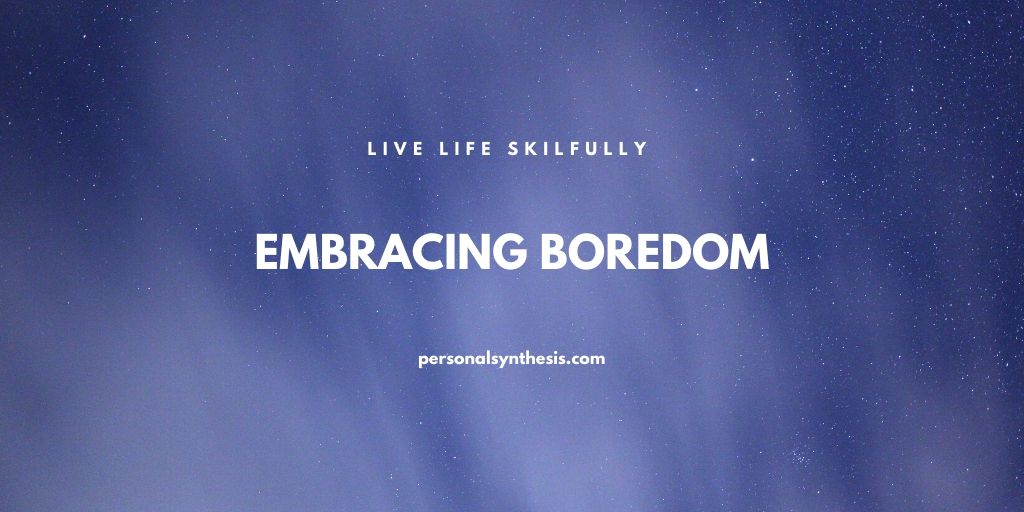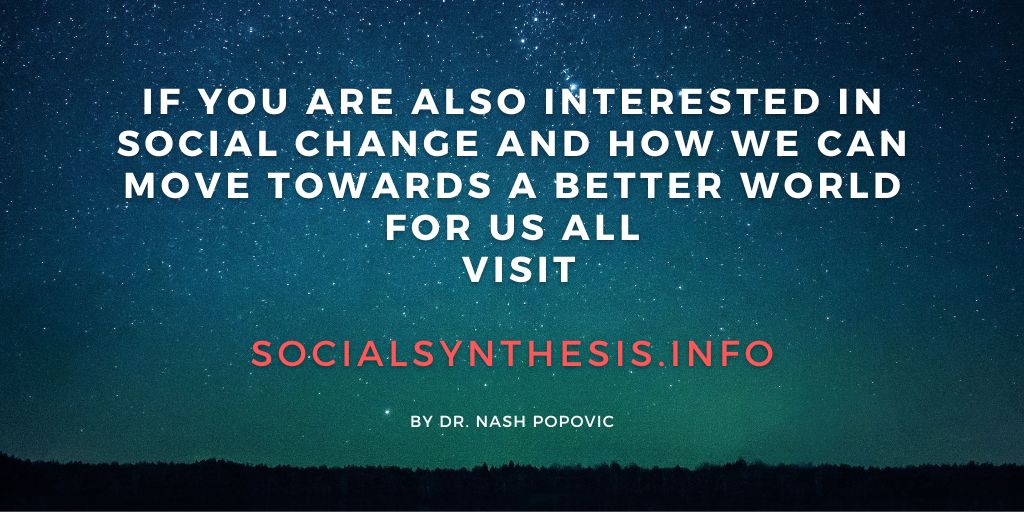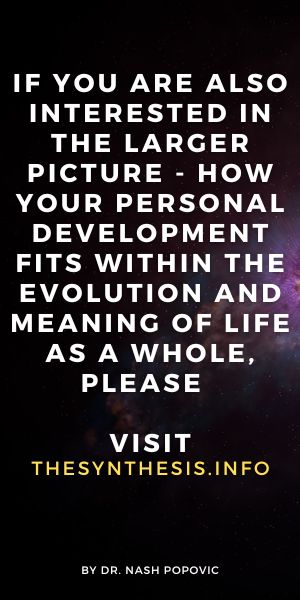Embracing Boredom

Written by Emma Buck
Boring. Boredom. What do these words mean? What is the feeling of boredom for? I was thinking about this as I vacuumed the stairs this morning. Vacuuming the stairs is a boring task. It is mindless and mechanical. It only takes five minutes, and yet I put it off, and off, and off… until the dust starts to gather in balls in the corners of each step. Why do I put off this task? Not because I don’t have the time – I can always find five minutes – but because it is boring.
And yet, as I performed this boring task this morning my mind wandered to the subject of this blog, and I started to write it in my head. The mechanical nature of this boring task meant my brain was freed up to think other thoughts. Before I knew it, I had finished with the stairs and was rushing to my laptop to write, with renewed energy and new ideas bursting to get out. Had the boring task helped? I think so.
The same thing happens when I go for a walk. This is a key time for creative ideas to pop into my head. Not if I look for them, but if I go out into the fresh air and listen to the birds singing and the wind in the trees and watch the clouds and the water and the dog walkers going about their business. As I put one foot in front of the other, which takes no thought, my mind goes quiet and is free to roam.
As an adult I am almost never bored. If I really have nothing to do (a very unlikely scenario) – no work, housework, childcare, exercise, shopping or socialising – I would open a book or a newspaper and happily spend a few hours absorbed in its pages. Certain tasks are boring, as above, but the actual feeling of being bored is something I associate more with childhood.
I grew up in the Seventies and Eighties, when we had less stuff. I didn’t have many toys. There were always books to read, but new ones were a rarity so the old Enid Blytons and Lewis Carrolls and C.S. Lewis’ were read over and over. I even looked inside the 12-volume encyclopaedia from time to time. It was exciting to find the answer to some question of geography or history among its dusty old pages.
I remember being bored, with nothing to do, during the long summer holidays. My mother would tell me to go out of the house, or read a book or tidy my room. I would flop about, saying I was ‘bored’. But, left alone with this feeling, I would invariably end up making my own entertainment.
I used to spend weekends at my dad’s house. My dad is a composer and a musician, and a very calm person. His flat was peaceful and quiet, except for the sound of his piano which could be heard from anywhere in the house when he was playing it.
There was no television, and no children’s toys. I didn’t have any of my own ‘things’ there. There were musical instruments, and some board games. It was the kind of household where things came and went, things seemed to be acquired, never bought. And one day an enormous electric typewriter arrived, and was parked on a huge table next to a big window. When my dad was working I would have to make my own entertainment, and for a while this typewriter became my focus.
The power of imagination
I would sit at this typewriter and imagine myself a detective. I would arrange my pens and notebook neatly on the desk, telephone in the corner. In my head I was like something out of a Raymond Chandler novel, wearing a trilby hat and a trench coat, watching from around corners. Waiting for the phone to ring with an intriguing case.
In the absence of any actual mysteries to solve, I would look out of the window at the people walking by on the pavement below, and make up stories about them, and type them onto the typewriter. Who were they, where were they going, why were they going there? I spent hours like this.
My father didn’t require any particular behaviour or manners. He accepted who I was and allowed me to be. So I was completely free in those moments to be exactly who I was. Nothing was demanded of me, there were no disapproving or otherwise judgemental looks or remarks. I was left alone with my imagination. I loved stories and mysteries and watching people and finding things out. Sitting at that typewriter, looking out of that window, I discovered the essence of who I was.
This is what children do. They are endlessly creative, imaginative and resourceful, given the right conditions. If a child has nothing, he will make a game using a stick and a stone.
Embrace boredom
Childhood these days seems to be quite different. My children almost never complain of being bored, because entertainment is on tap through their phones or tablets or gaming consoles.
Electronic devices – and most children now have access to something – have stolen the freedom to be bored. I am not completely anti-devices – they are a part of modern life after all, and I’m sure children are honing different skills using them – but nevertheless, the constant availability of social connection or game playing at the touch of a button, in their pockets, has undoubtedly changed childhood. I wonder how this will affect them in the long run?
I use the phrase ‘freedom to be bored’ deliberately, because I do feel it is a freedom. The quieting of the mind which comes with boredom provides a fertile bed from which the seeds of creativity and self-knowledge can grow.
So, what is boredom for? A bored state of mind seems to me to be a quiet state of mind. I do not think you can be bored at the same time as feeling stressed or excited. So perhaps it functions as the valve on the pressure cooker.
And boredom is motivating. The feeling of being bored is uncomfortable, and so our minds look for ways to end it. We think of stress as a bad thing, something we do not want too much of. But perhaps we also do not want no stress at all.
So the next time I have to vacuum the stairs or clean the windows, instead of dreading the boring activity, I will view it as a break from other stresses and embrace the opportunity it gives me to allow my mind to wander, and who knows into what exciting realms it will lead me.
Personal Synthesis is a handy ‘one-stop-shop’ that brings together all the areas that play a vital role in our everyday lives, from self-awareness to intimate relationships. The materials are the result of twenty years of research and have evolved through the experience of running numerous personal development programmes with the general public, young people and university students.
To learn more, please visit the Personal Synthesis materials that cover this and many other topics.
Emma Buck
Emma Buck is a counsellor and personal consultant working with children in primary schools and adults in private practice. This is her second career. After 10 years as a journalist - where she worked for local newspapers, magazines and charities, covering politics and social affairs - Emma found herself looking for a new direction. It was after a spell of personal counselling that she had her 'a-ha' moment and decided to become a counsellor herself. She recently completed MSc in Integrative Counselling and Coaching, the only programme of its kind in the world. Emma works from a humanistic and person-centred perspective but integrates other counselling and coaching approaches as necessary, with a particular interest in narrative theory. Her research examined how combining counselling and coaching could help older people.



